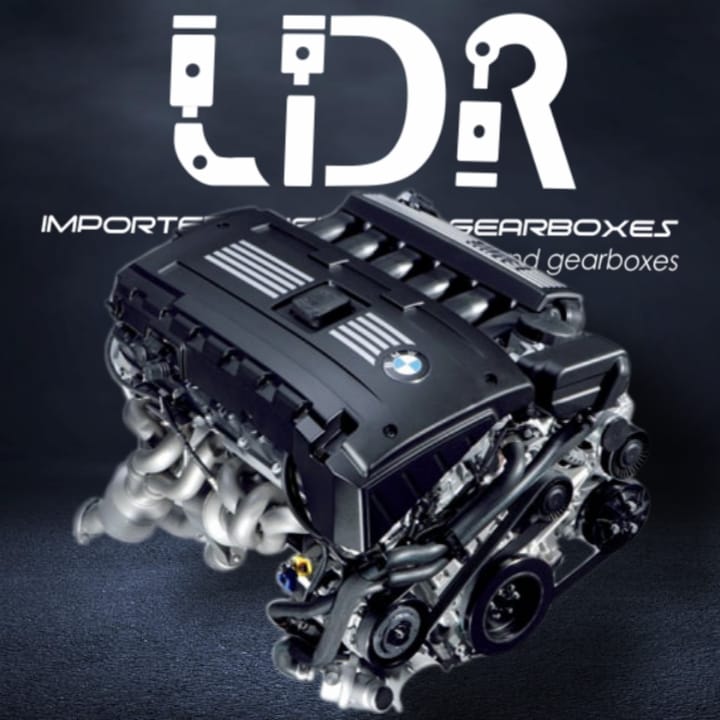Important Factors To Consider for Choosing the most effective Engine for Your Needs
In the realm of selecting the excellent engine to meet your demands, a number of critical factors demand precise consideration to make sure optimum performance and effectiveness. From the nuanced equilibrium in between power and efficiency to the often-overlooked aspects of maintenance and service demands, each element plays a pivotal function in establishing the most suitable engine for your certain demands.
Power and Efficiency
When evaluating engines for optimal efficiency, it is crucial to prioritize both power result and performance. Power result measures the capacity of an engine to generate energy, which directly impacts its performance. A high power outcome is necessary for demanding tasks such as high-speed needs or durable applications. It guarantees that the engine can deal with the workload effectively and successfully. Power alone is not sufficient; performance plays a considerable role in determining the total performance of an engine. Efficiency describes how well the engine transforms gas into useful power. A much more efficient engine will certainly deliver better gas mileage, lower emissions, and lowered operating expense. Striking the ideal balance between power result and performance is essential to selecting an engine that satisfies your details requirements. When making this decision, it is essential to think about factors such as the meant usage of the engine, environmental influence, and long-term expense effects. By very carefully assessing both power and performance, you can choose an engine that provides optimum performance and satisfies your needs efficiently.
Fuel Efficiency and Economic Situation
In the realm of engine selection, the consideration of fuel effectiveness and economic climate holds extremely important importance. Fuel efficiency refers to the engine's ability to convert fuel into energy with minimal waste, directly impacting operating expense and environmental sustainability. bmw 318ti. When choosing an engine, assessing its fuel economy is vital to establish lasting savings and ecological effect. Engines with higher fuel efficiency not only reduce fuel expenditures yet likewise reduce carbon discharges, adding to a greener operation.

Compatibility and Application
Considering the fuel performance and economy of an engine, the next vital aspect to address is its compatibility and application within details operational contexts. Compatibility refers to exactly how well the engine incorporates with the total system or equipment it powers.
Different engines are created for certain objectives, whether it be commercial equipment, aquatic vessels, cars, or power generators. Recognizing the desired application permits for the selection of an engine that can deliver the needed power result, torque, and functional characteristics.
Maintenance and Solution Requirements
Upkeep and service needs play a vital role in making sure the longevity and optimum performance of an engine. Normal upkeep is necessary to avoid breakdowns, prolong the lifespan of the engine, and maintain its effectiveness. When picking an engine, it is essential to consider the maker's suggested maintenance timetable and the accessibility of solution facilities or certified professionals.
Variables such Our site as the regularity of oil index modifications, filter substitutes, and overall inspections can considerably influence the engine's efficiency. Some engines might need more regular maintenance based upon their layout and use, while others might have longer periods between maintenance checks. It is essential to abide by these solution requirements to avoid pricey fixings and unanticipated downtime.

Price and Budget Plan Considerations
When picking an engine for a particular application,Spending plan restrictions often play a substantial role in the decision-making procedure. When thinking about the cost and spending plan ramifications of picking an engine, it is necessary to examine not only the preliminary acquisition cost yet also the lasting expenses related to upkeep, fuel intake, and potential upgrades or repair services. It is essential to strike an equilibrium in between the in advance expense of the engine and its total lifecycle costs to make certain that the chosen engine stays monetarily sustainable throughout its functional life-span.
Variables such as gas resilience, reliability, and performance can straight impact the total cost of possession of an engine. While a more pricey engine may have greater in advance prices, it might potentially result in lower upkeep and fuel costs over time, hence using better worth in the lengthy run.
Verdict

Fuel performance refers to the engine's ability to transform gas right into energy with minimal waste, directly impacting operating expenses and ecological sustainability.Factors influencing gas performance include engine style, burning performance, and total performance optimization. Furthermore, choosing the ideal gas type find out and quality as recommended by the engine producer can additionally boost performance and lengthen engine lifespan.
Engines with good service functions and conveniently available parts can decrease maintenance costs and reduce the time the engine is out of operation - bmw 318ti. It is critical to strike an equilibrium between the upfront expense of the engine and its total lifecycle prices to make certain that the picked engine continues to be monetarily lasting throughout its functional life-span